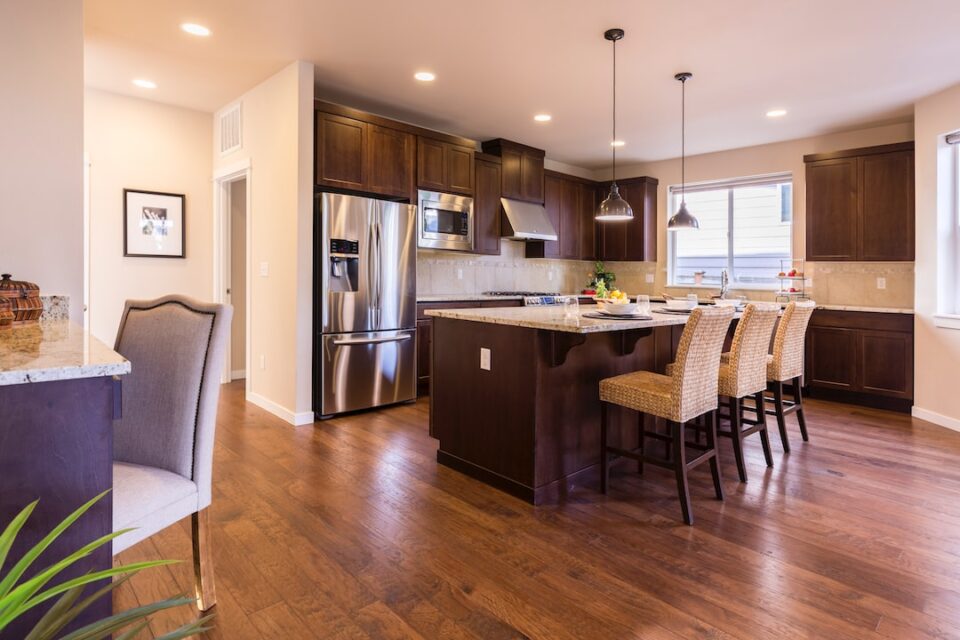The Pros and Cons of Renting vs. Buying a Home
Choosing between renting and buying a home is a critical decision that many people face in their lives. Both options have their own advantages and disadvantages, and what works best for one person might not be the right choice for another. In this blog post, we will explore the pros and cons of renting and buying a home, helping you make an informed decision.
Pros of Renting a Home:
1. Flexibility: One of the biggest advantages of renting is the flexibility it provides. If you are someone who enjoys changing locations frequently or values the ability to explore different neighborhoods, renting is an ideal option. Renting a home allows you to easily move to a new area without being tied down by a mortgage or the hassle of selling a property.
2. Maintenance and Repairs: Another advantage of renting is the responsibility for maintenance and repairs falls on the landlord or property management company. When something goes wrong, such as a leaky roof or a malfunctioning appliance, you only need to report it and they will take care of it. This can save you significant time and money compared to owning a home where all repairs and maintenance costs are your responsibility.
3. Lower upfront costs: Renting a home typically requires a lower upfront cost compared to buying. Renters usually only need to pay a security deposit and the first month’s rent, while homebuyers must cover a down payment, closing costs, and other expenses. For those with limited savings, renting can be a more affordable option to get the housing they need.
Cons of Renting a Home:
1. Lack of Equity: One of the main downsides of renting is that you are not building equity with every payment you make. Instead, you are essentially paying someone else’s mortgage and helping them build their wealth. If you have long-term plans to settle down and want to invest in an asset that appreciates over time, renting might not be the best option for you.
2. Limited Control and Customization: Renting restricts your ability to make changes to the property. You may not be allowed to paint the walls, make renovations, or have pets. This lack of control can be frustrating for those who want to personalize their living space and have the freedom to make changes according to their preferences.
3. Rent Increases: When renting a home, you are subject to rent increases. Landlords have the right to raise the rent at the end of each lease term, and you may find yourself facing higher monthly payments without any control over the situation. This lack of stability can make budgeting and financial planning more challenging.
Pros of Buying a Home:
1. Building Equity: Perhaps the most significant advantage of buying a home is the opportunity to build equity over time. As you make mortgage payments, you gradually increase your ownership stake in the property. This can serve as an investment for the future, providing financial security and the potential to earn a profit if you decide to sell.
2. Stability and Control: Buying a home gives you a sense of stability and control over your living situation. You have the freedom to customize your home, implement renovations, and make it truly yours. Additionally, you are not subject to the whims of a landlord and can enjoy long-term stability without worrying about rent increases or eviction.
3. Potential Tax Benefits: Homeownership comes with certain tax benefits that can help reduce your overall tax burden. Mortgage interest deductions and property tax deductions are just a couple of examples. These deductions can lead to significant savings and improve your financial situation.
Cons of Buying a Home:
1. Financial Commitment: Buying a home is a significant financial commitment. It requires a substantial down payment, ongoing mortgage payments, and additional expenses such as property taxes, insurance, and maintenance costs. It’s crucial to ensure that you have the financial stability to comfortably afford these expenses before diving into homeownership.
2. Lack of Flexibility: Unlike renting, buying a home ties you down to a specific location. If you enjoy the freedom of living in different areas or are unsure about your long-term plans, buying may not be the best option.
3. Responsibility for Maintenance: As a homeowner, you are solely responsible for all maintenance and repairs. This can be costly and time-consuming, especially if major issues arise. Homeownership requires a level of commitment and willingness to handle unexpected repairs or expenses.
In conclusion, the decision to rent or buy a home depends on your personal circumstances, financial situation, and long-term goals. Renting offers flexibility, lower upfront costs, and no responsibility for maintenance, while buying provides equity building, stability, and potential tax benefits. Take the time to consider your priorities and consult with experts before making a decision that suits your needs and future plans.

